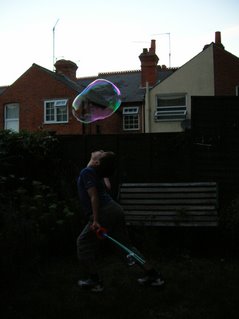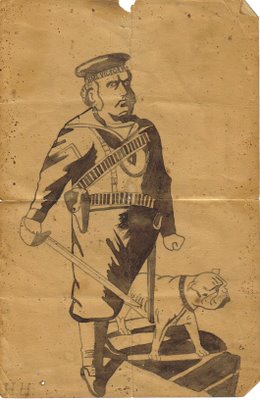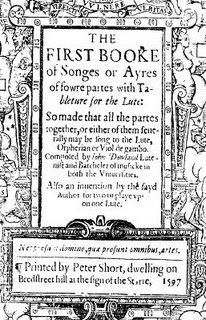
The effect of too much (and too easily accessed) information on practical criticism.
I was preparing a class on some Coleridge poems, for a set of first year students/victims.
I'd fairly quickly located the exciting hypertexted ‘Kubla Khan’ at
http://www.webwritingthatworks.com/CPOEMSXanadu.htm
and after not very much browsing in that ‘three dimensional’ rendering of the poem and its sources, I came across Samuel Purchas’s account of Aloadine, the Old Man of the Mountain:
http://www.webwritingthatworks.com/EXanPurchas04.htm
I leapt from there to read the on-line OED’s entries on the related words ‘hashish’ and ‘assassin’, and then scramble off to the Wikipedia to read more about the drug:
http://en.wikipedia.org/wiki/Hashish
and there, with gathering interest, I also read all about Hassan-i-Sabah and the assassins:
http://en.wikipedia.org/wiki/Hassan-i-Sabah
~ the Wikipedia is most alive as a resource when the heading for an entry indicates that its neutrality is disputed (as this material is) and so I buzz through it all and the related talk page:
http://en.wikipedia.org/wiki/Talk:Hassan-i-Sabah
Coleridge’s poem is now small in my rear view mirror, as I speed away. Pursuing the Old Man of the Mountain, from link to link, by now has opened up a continuum from Marco Polo to present day Shiite against Sunni violence: the tangent I have gone off on is so interesting that the poem just has to be about that - so in the end, the poem is going to be read with more violence than it has ever been read before: the poet as the drugged assassin, insane with desire to get back to the paradise he had been allowed to glimpse, and ready to go off:
And all should cry, Beware! Beware!
His flashing eyes, his floating hair!
Weave a circle round him thrice,
And close your eyes with holy dread,
For he on honey-dew hath fed,
And drunk the milk of
I declaim my new version of the poem (‘And mid this tumult Osama heard from far’) to a class stupefied by my bad taste and glaring desire to provoke. Sweetly reasonable, they fend me off, and the poem as expressive of Coleridge’s suppressed desire to stick a dagger deep in Wordsworth manages not to happen (to my retrospective relief).
We move on to ‘The Aeolian Harp’, and have to troop off to a wireless zone so as to listen to one:
http://members.aol.com/woinem1/index/
http://members.aol.com/woinem2/sounds/windharf.mp3
The students, relaxing now they are out of the room where they were sequestered with this mad interpreter, seem to think that it would be an OK noise if you were on drugs. This at least seems relevant.
Just think, we used to have to look at the poem on the page.







